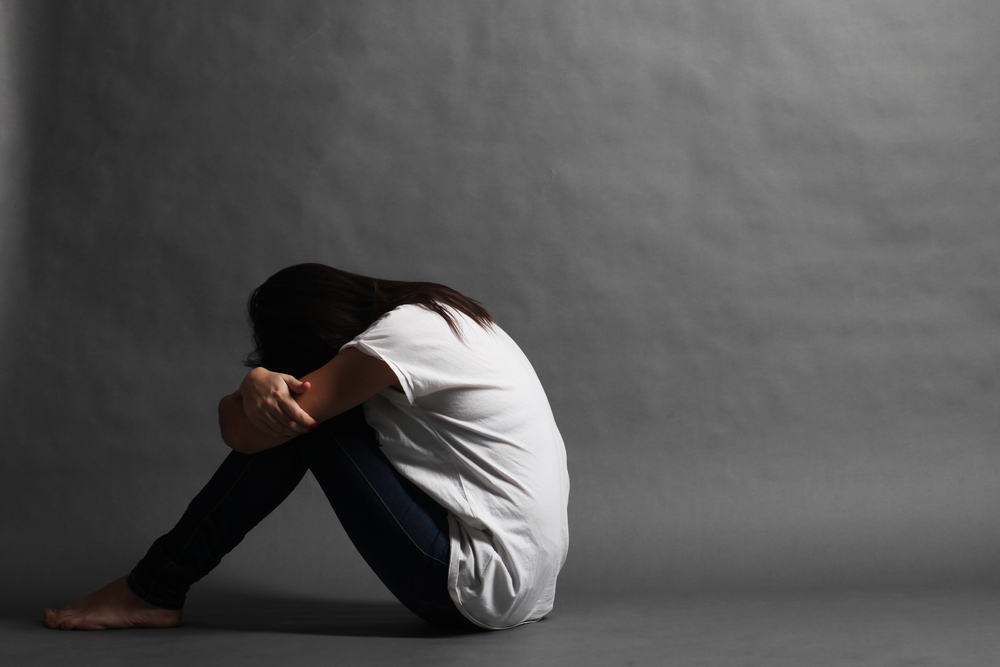Depression, also known as major depressive disorder (MDD) or clinical depression, is listed in the Diagnostic and Statistical Manual of Mental Disorders, Fifth Edition (DSM-5) as a complex disease. According to the Mayo Clinic, teen depression is a “serious mental health problem [that] affects how your teenager thinks, feels and behaves, and can cause emotional, functional and physical problems.” Harvard Medical School explains that the most prominent symptoms of MDD include a severe and persistent low mood, profound sadness, or a sense of despair. Although depression can develop at any age, symptoms commonly surface in adolescence and young adulthood. If left untreated, teenage depression can result in severe short and long-term consequences. Major depressive disorder is recognized as the leading cause of disability in America for individuals ages fifteen to forty-four. The initial step to effectively treat MDD is to obtain an accurate mental health diagnosis from a qualified medical and/ or mental healthcare provider. The diagnosis will greatly inform the subsequent treatment recommendations. With the proper support, a young person can learn to effectively manage MDD and its associated symptoms.
Treatment
There is no single treatment plan that is entirely effective for every teenager that struggles with depression, as each young person is unique with distinct needs. For this reason, there are a variety of treatment options available. Depending on one’s needs treatment may include a combination of different approaches, including one or more of the following, as is indicated by the American Academy of Family Physicians (AAFP):
- Psychotherapy: common examples of psychotherapy modalities integrated into a treatment plan for adolescent depression could include, but are not limited to:
- Cognitive behavioral therapy (CBT): focuses on challenging and changing unhelpful cognitive distortions and behaviors, improving emotional regulation, and developing personal coping strategies to problem solve effectively.
- Dialectical behavior therapy (DBT): utilizes four main strategies (e.g., core mindfulness, distress tolerance, interpersonal effectiveness, emotion regulation) for teaching young people skills that help with effectively changing their behaviors.
- Interpersonal Therapy (IPT): focuses on how a young person’s communications and interactions with other people affect his or her own mental health.
- Medication: the U.S. Food and Drug Administration (FDA) has approved the following two medications that can be used for the treatment of teen depression:
- Hospitalization: teens with depression that are in danger of self-harm and/ or inflicting harm to others may require hospitalization to ensure safety until his or her symptoms are more effectively managed.
- Treatment programs: there are inpatient treatment programs and outpatient treatment programs that can provide support and counseling and are available for teenagers with depression.
To create a customized and nuanced treatment plan, all treatment options will be considered, incorporating medication when needed as well as the best possible therapeutic modalities that are expressly geared to each teenager’s personal needs.
For Information and Support
Every family in need of mental health treatment must select a program that will best suit the needs of their family. When one member of a family struggles, it impacts everyone in the family unit. To maximize the benefits of treatment we work closely with the entire family to ensure that everyone is receiving the support they need through these difficult times. Seeking help is never easy, but you are not alone! If you or someone you know needs mental health treatment, we strongly encourage you to reach out for help as quickly as possible. It is not uncommon for many mental health difficulties to impact a person’s life, long term. Pursuing support at the beginning of one’s journey can put the individual in the best position to learn how to manage themselves in a healthy way so they can go on to live happy and fulfilling lives.
OUR KNOWLEDGEABLE ADMISSIONS TEAM CAN BE REACHED 24/7 AT INFO@PACIFICRTC.COM OR CALL: 800-531-5769 We are available to answer any questions you may have regarding mental health treatment and our residential program, anytime. Contact us today using the form to the right.






